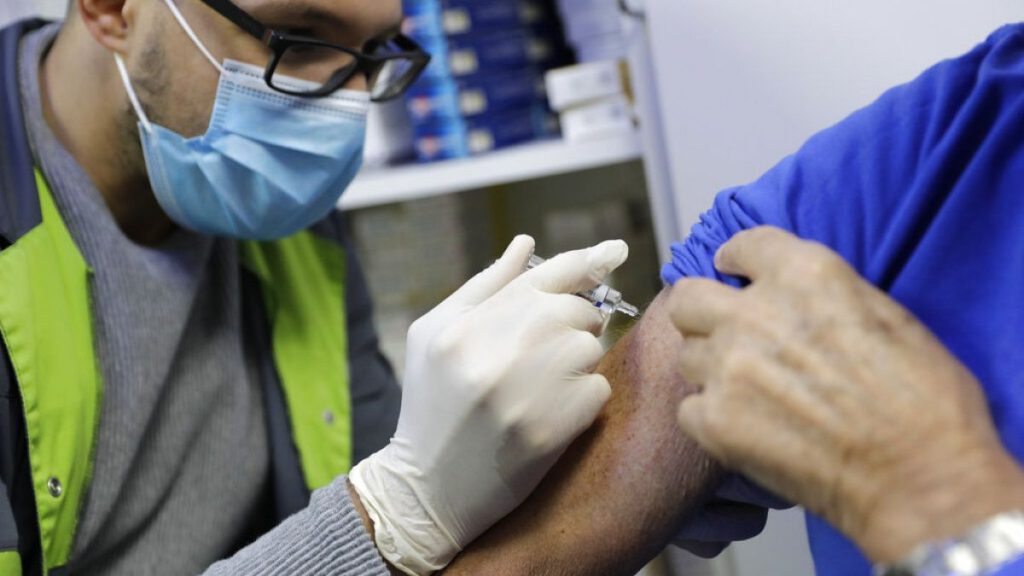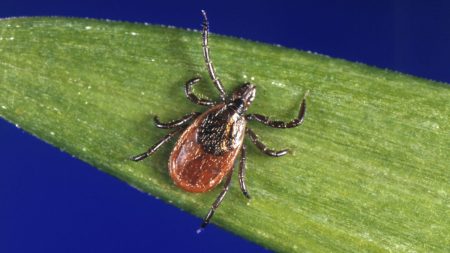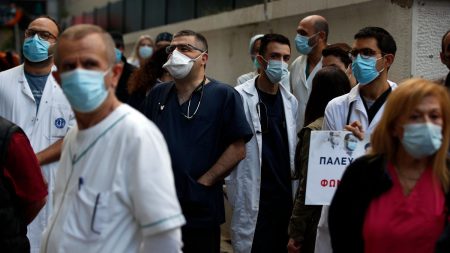The 2023-2024 flu season in Europe is marked by concerningly low influenza vaccination rates, particularly among high-risk groups like older adults and healthcare workers. This vulnerability coincides with a strained healthcare system grappling with a surge in respiratory illnesses, including flu, COVID-19, norovirus, and RSV, further complicated by a recent outbreak of human metapneumovirus (HMPV) originating in China. Despite expanded vaccination guidelines in several European countries, uptake remains suboptimal, falling significantly short of public health targets. This raises serious concerns about the potential for severe influenza outbreaks and increased strain on healthcare resources. The European Centre for Disease Prevention and Control (ECDC) has issued warnings about these low vaccination rates, emphasizing the significant risk posed by influenza, which causes an estimated 27,600 deaths annually across the EU and the UK.
A confluence of factors contributes to this concerning trend. One key element is the public’s underestimation of the severity of influenza. Many individuals believe they can manage symptoms without vaccination, often overlooking the potential for severe complications, especially in vulnerable populations. This perception gap hinders the effectiveness of vaccination campaigns, even with annual updates to the vaccine composition based on circulating influenza strains. Furthermore, the lingering impact of the COVID-19 pandemic has contributed to “vaccine fatigue,” with many individuals weary of repeated vaccination campaigns. However, experts suggest that this fatigue is not the sole driver of declining flu vaccination rates. Deeper issues relating to vaccine confidence, access to healthcare, and integration of vaccination into routine medical care play a more significant role.
Vaccine hesitancy remains a complex and multifaceted issue, varying widely across Europe. Public trust in vaccines ranges considerably, influenced by factors such as cultural context, access to reliable information, and prior experiences with healthcare systems. Distrust is not limited to the general population; it extends to healthcare workers themselves, with variations based on factors such as gender, profession, and personal views on vaccination. Adding to this complexity is the politicization of healthcare in some regions, which further fuels skepticism and undermines public health messaging. The legacy of the COVID-19 pandemic, while contributing to vaccine fatigue, also revealed pre-existing issues with vaccine confidence that require targeted and nuanced approaches to address effectively.
Improving influenza vaccination rates necessitates a multi-pronged approach that addresses the underlying causes of low uptake. Integrating influenza vaccination into routine medical care for high-risk patients, especially those with chronic diseases, offers a proactive strategy for increasing coverage. This approach leverages existing patient-physician relationships to provide tailored advice and personalized recommendations about the importance of vaccination. Simultaneously, addressing vaccine hesitancy requires clear and consistent communication from trusted sources, including healthcare providers, public health officials, and community leaders. Tailoring messages to specific demographics and addressing individual concerns in a culturally sensitive manner are crucial for overcoming mistrust and fostering confidence in vaccination.
Beyond individual-level interventions, systemic changes are essential for optimizing vaccination accessibility. National vaccination guidelines should be regularly reviewed and updated to reflect the latest scientific evidence and best practices. Expanding age-based vaccination recommendations for children, as seen in a growing number of European countries, offers a proactive strategy for protecting younger populations and reducing the overall burden of influenza. However, policy changes alone are insufficient; implementation strategies must be tailored to local contexts and address specific barriers to access. A “one-size-fits-all” approach is unlikely to be effective, given the wide variation in healthcare systems, cultural norms, and public attitudes towards vaccination across Europe.
Ultimately, increasing influenza vaccination rates requires a collaborative effort between healthcare providers, public health authorities, policymakers, and the public. Enhancing public awareness of influenza’s severity, addressing vaccine hesitancy with tailored communication strategies, and integrating vaccination into routine medical care are vital steps towards achieving higher uptake. Combating misinformation, promoting health literacy, and ensuring equitable access to vaccines are further crucial components of a comprehensive strategy to protect populations from the potentially devastating consequences of influenza. Continued vigilance, ongoing adaptation of public health messages, and commitment to evidence-based interventions are essential to navigate the evolving challenges and optimize influenza prevention efforts across Europe.














